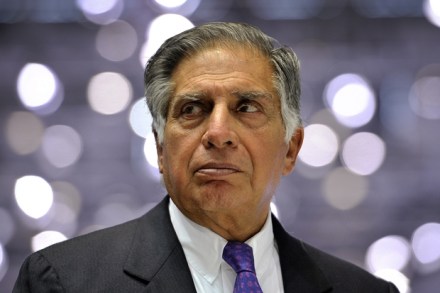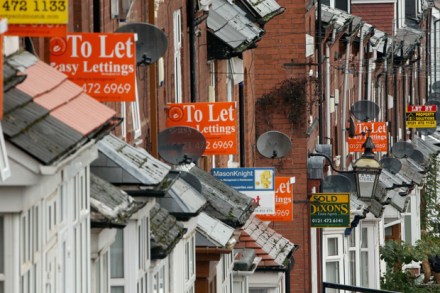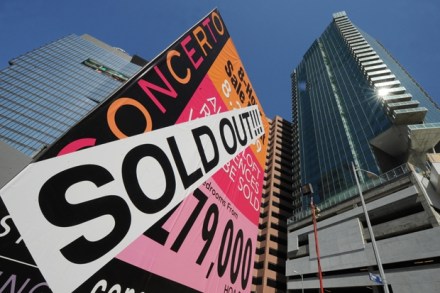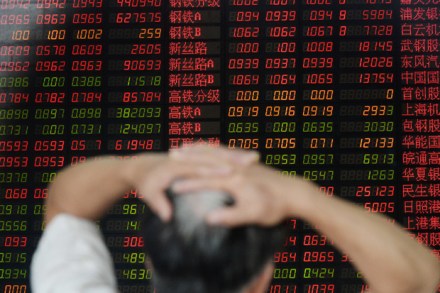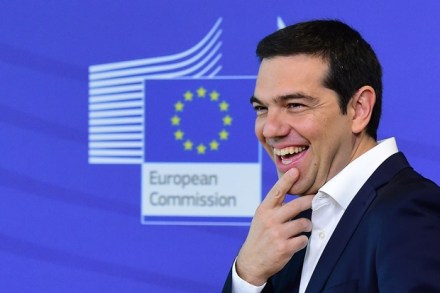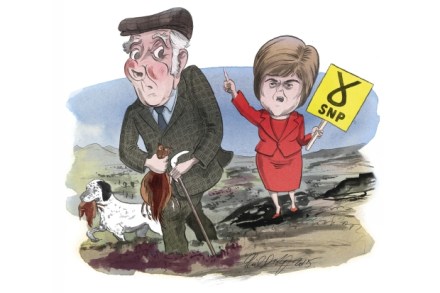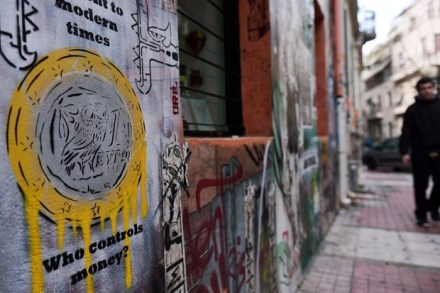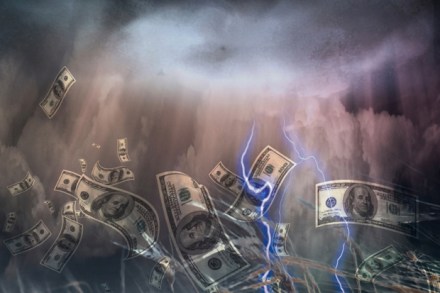Business holds the antidote to acts of voter insanity on both sides of the Atlantic
Good news: ‘My sources in the Gulf tell me they’re poised with big cash to buy into sterling, UK equities and property on any weakness,’ says an email from a reader who does business across the Middle East. Will the phenomenon I once called ‘the Curse of Qatar’ be the horse that pulls us out of the post-referendum quagmire and tramples the short-sellers? Might it even be strong enough to save the professional services firm, dependent on inward investors, whose owner told me he expects to make 50 of his 180 staff redundant if the vote goes the wrong way? We have flirted with what the Washington Post called ‘an




